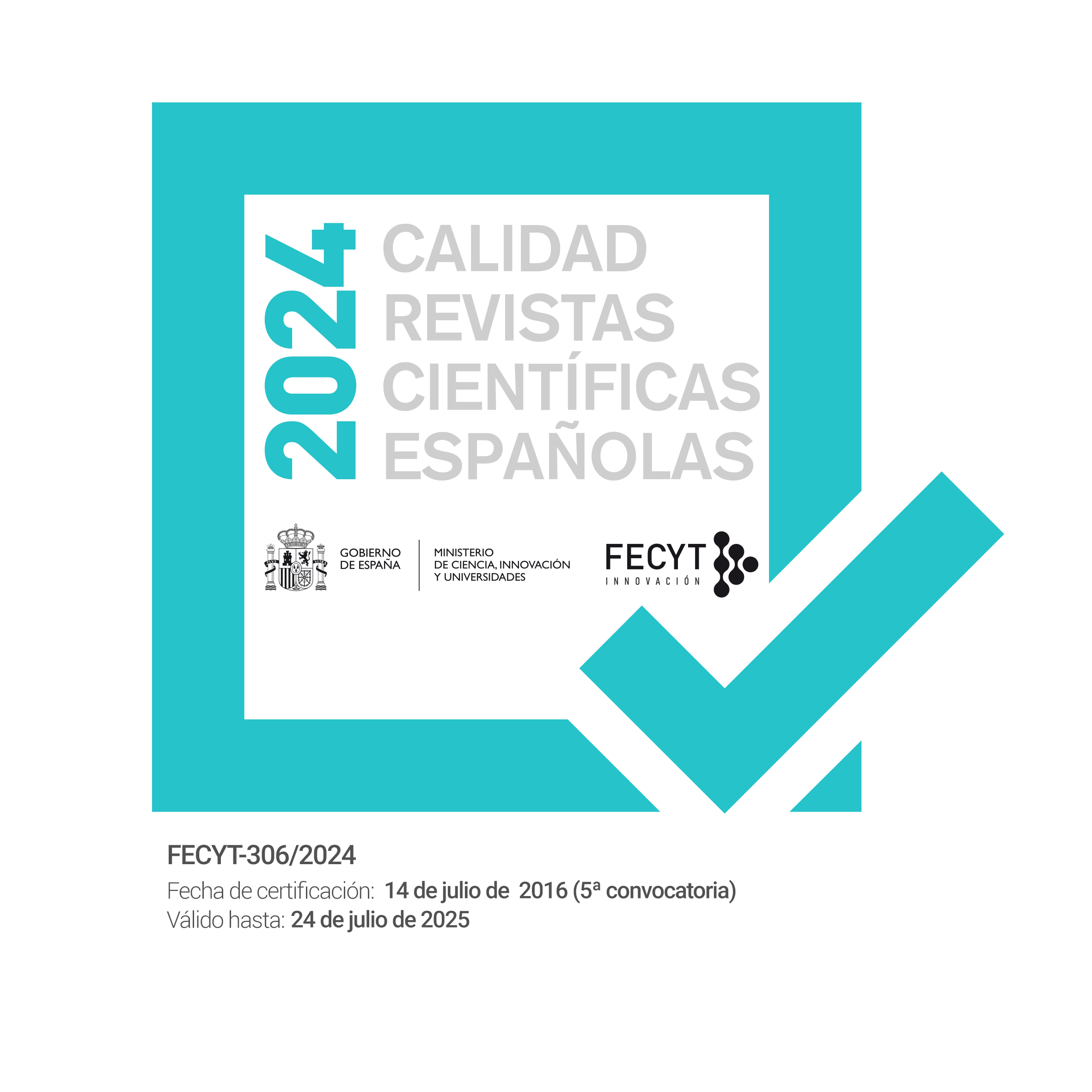Los esquemas de rentas mínimas en Europa y el Ingreso Mínimo Vital (IMV)
DOI:
https://doi.org/10.22325/fes/res.2021.45Keywords:
minimum income schemes, povertyAbstract
The article presents a reading on the debates around the minimum income schemes (MIS) and the concept of poverty from the sociological point of view. It indicates the way in which the minimum income schemes have developed in Europe and what have been the common and distinctive elements according to their evolution over time, with particular attention to the role developed by the European Union. The Ingreso Minimo Vital (IMV) is described by comparing it with other experiences in other countries and analyzes its elements of strength and of weakness.
References
Ayala, L. (2016). El gasto público en programas de lucha contra la pobreza: tendencias, determinantes y necesidades de reforma. Papeles de economía española, (147), 145-166.
Ayala, L., Arranz, J., García-Serrano, C. y Martínez Virto, L. (2020). The effectiveness of minimum income benefits in poverty reduction in Spain [Early View]. International Journal of Social Welfare. https://doi.org/10.1111/ijsw.12447
Bauman, Z. (1998). Work, consumerism, and the new poor. Berkshire: Mc Graw-Hill House.
Bergantiños, N., Quiles, R. y Bacigalupe, A. (2017). Las rentas mínimas de inserción en época de crisis. ¿Existen diferencias en la respuesta de las comunidades autónomas? Papers. Revista de Sociologia, 102(3), 399-420. http://dx.doi.org/10.5565/rev/papers.2315
Busilacchi G. (2018). Le politiche di reddito minimo in Europa: un cambio paradigmatico verso una nuova convergenza? Sinappsi, 8(3), 84-93.
Cantillon, B., Marchal, S. y Luigjes, C. (2017). Decent incomes for the poor: Which role for Europe? Journal of Common Market Studies, 55(2), 240-256. https://doi.org/10.1111/jcms.12486
Carter, E. y Whitworth, A. (2017). Work Activation Regimes and Well-being of Unemployed People: Rhetoric, Risk and Reality of Quasi-Marketization in the UK Work Programme. Social Policy & Administration, 51(5), 796-816. https://doi.org/10.1111/spol.12206
Council of the European Union (9 de octubre de 2020). Strengthening Minimum Income Protection to Combat Poverty and Social Exclusion in the COVID-19 Pandemic and Beyond. Council Conclusions. Recuperado de https://data.consilium.europa.eu/doc/document/ST-11721-2020-INIT/en/pdf
Frazier, H. y Marlier, E. (2016). Minimum Income Schemes in Europe: A study of national policies 2015. Bruselas: European Commission.
Hemerijck, A. (2013). Changing Welfare States. Oxford: Oxford University Press.
Marchal, S., Marx I. y Van Mechelen, N. (2016). Minimum Income Protection in the Austerity Tide. Iza Journal of European Labor Studies, 5(4), 2-20.
Marchal, S. y Van Mechelen, N. (2017). A New Kid in Town? Active Inclusion Elements in European Minimum Income Schemes. Social Policy and Administration, 51(1), 171-194. https://doi.org/10.1111/spol.12177
Martínez Mirto, L. (2019). Nueva pobreza, precariedad y rentas mínimas: respuestas para incentivar el empleo en el actual contexto sociolaboral. Cuadernos de Relaciones Laborales, 37(1), 155-175. https://doi.org/10.5209/CRLA.63824
Marx, I. y Nelson, K. (eds.), (2013). Minimum income protection in flux. Londres: Palgrave MacMillan.
Natili, M. (2019). The Politics of Minimum Income in the Age of Austerity: An Introduction. En The Politics of Minimum Income. Work and Welfare in Europe (pp. 1-20). Londres: Palgrave Macmilan.
Noguera, J. A. (2017). Redistribución, predistribución y garantía de rentas. En J. Zalakaín y B. Barragué (coords.), Repensar las políticas sociales: predistribución e inversión social (pp. 207-228). Madrid: Editorial Grupo 5/Kutxa Fundazioa.
Ramos Quintana, M. I. (2020). El ingreso mínimo vital como instrumento para combatir la pobreza y la exclusión desde el sistema de la seguridad social. Revista Hacienda Canaria, (53), 295-319.
Saraceno, C. (2015). Il lavoro non basta. La povertà in Europa negli anni della crisi. Milán: Feltrinelli.
Published
How to Cite
Issue
Section
License
Copyright (c) 2021 Revista Española de Sociología

This work is licensed under a Creative Commons Attribution-NonCommercial 4.0 International License.
• The transfer of the copyright of the article to Revista Española de Sociología.
• The assignment to the Revista Española de Sociología of the rights of commercial exploitation of the article to third parties both in the offset and digital formats, as well as to the search engines and platforms that may serve as intermediaries for the sale or knowledge of the article.



